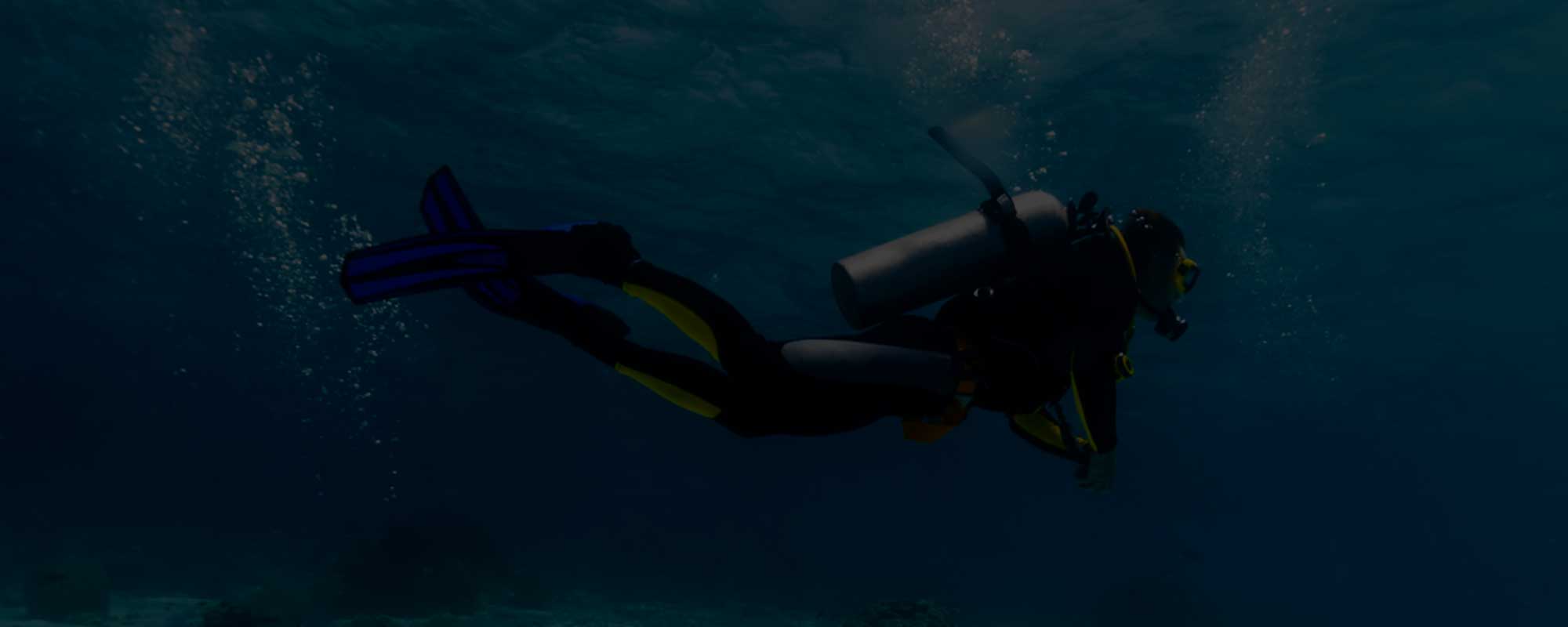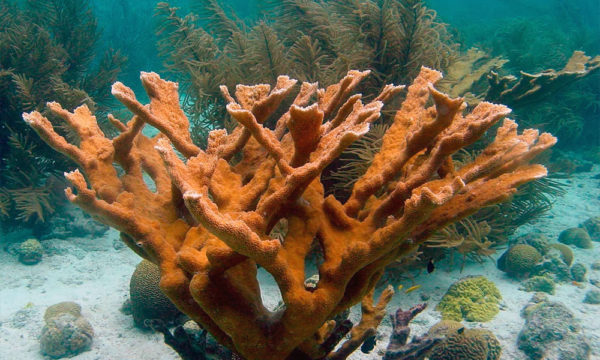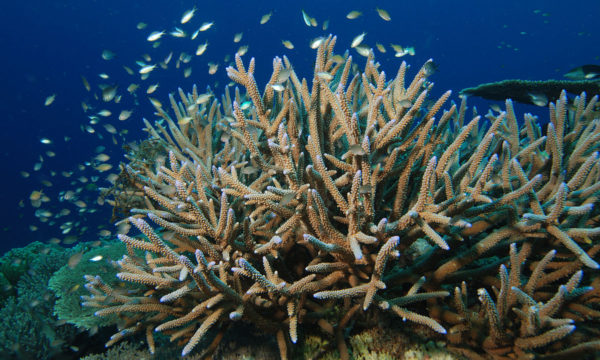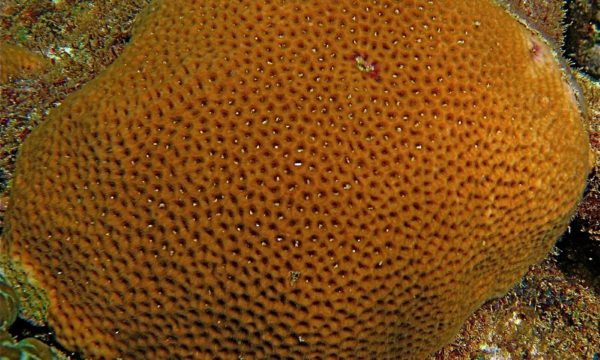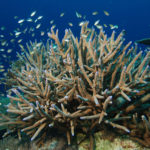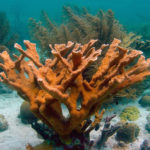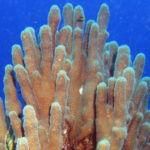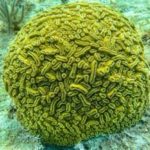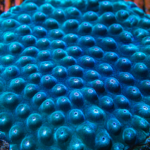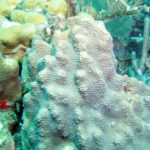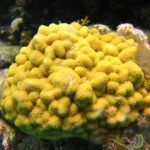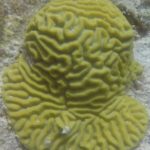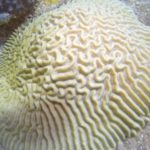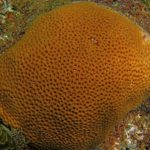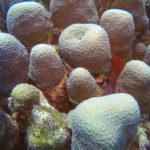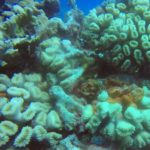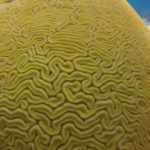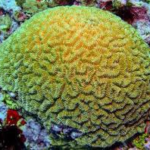Why hard corals are important … Corals are animals in the phylum ‘Cnidaria’ that are stationary on the ocean floor. They …
- Act as coral nurseries for fish
- Protect the coastline from storm surges (over 90,000 miles of coastline in 100 countries)
- Provide protection for zooxanthellae algae
- Provide zooxanthellae with food
- Absorb CO2 and sunlight
- Produce 75% of the oxygen for the planet
- Create jobs that make $30 billion globally in revenue
- Generate $5 trillion dollars in cutting edge medical research discoveries
- Bring in $5 billion ecotourism dollars as people want to visit coral reefs around the world

